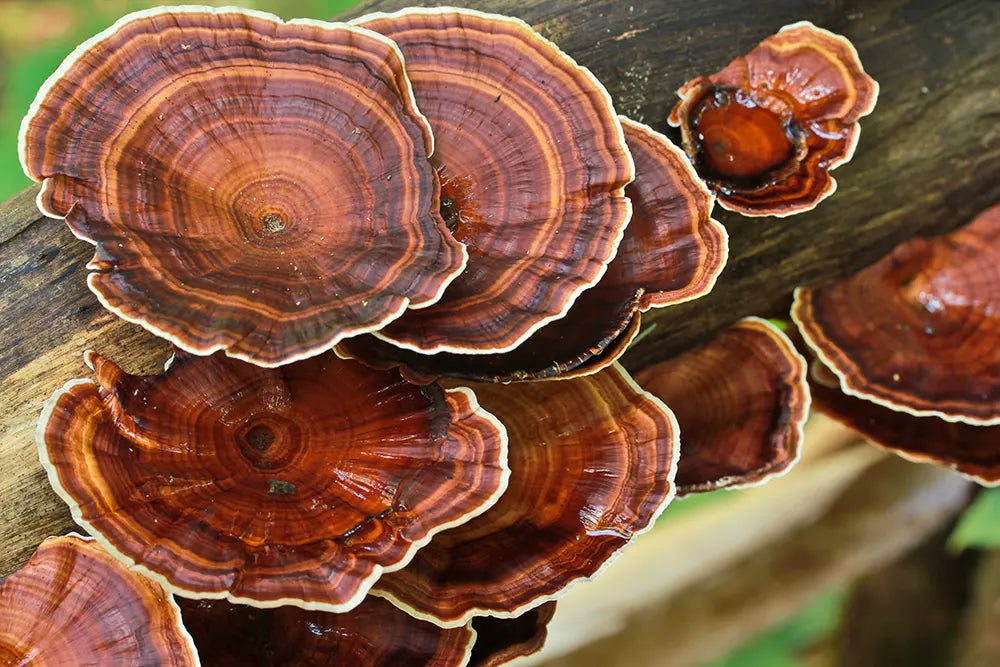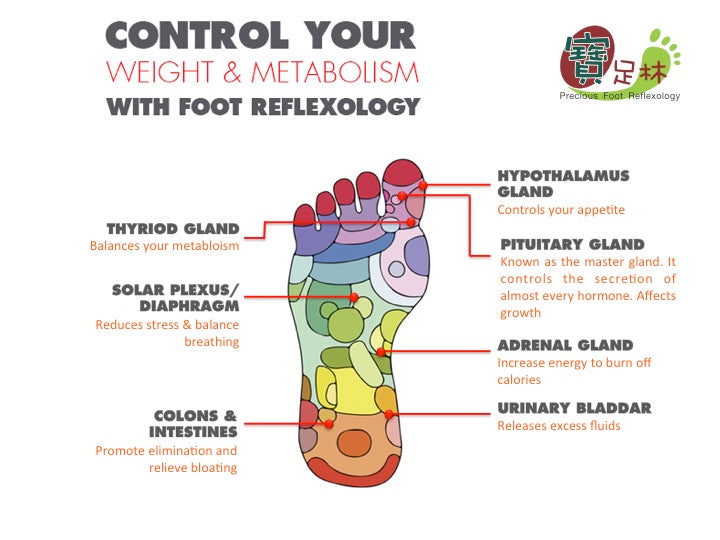Are funghi here to end us Last of Us style or are they the key to a healthier life?
Hidden deep in Cambodian jungles is a newly-discovered “miracle” fungus.
As you’ll see below…
Eating THIS mushroom just ONCE can literally flush plaque out of your arteries:
Peer-reviewed studies show this fungus also…
-
Increases blood flow by 25%
-
Naturally lowers blood pressure levels
-
Drops cholesterol by at least 33 points
→ Cambodian super-fungus called “a miracle for heart and arteries”
Introduction:
In our pursuit of a healthy lifestyle, we often seek natural remedies to address various health concerns. One such wonder of nature that has gained significant attention is mushrooms. Beyond their delectable taste and versatility in culinary delights, mushrooms have been found to possess remarkable properties that can help lower cholesterol levels. In this article, we will explore the scientific evidence behind the cholesterol-lowering effects of mushrooms and shed light on how you can incorporate them into your diet for optimal health benefits.
Understanding Cholesterol:
Before delving into the specifics of how mushrooms can lower cholesterol, let's briefly understand the role of cholesterol in our bodies. Cholesterol is a waxy substance produced by the liver and is essential for various bodily functions, including hormone synthesis and cell membrane maintenance. However, elevated levels of low-density lipoprotein (LDL) cholesterol, commonly referred to as "bad" cholesterol, can lead to plaque buildup in the arteries, increasing the risk of heart disease.
The Power of Mushrooms:
Mushrooms, a diverse group of fungi, have been consumed for centuries due to their unique flavor and nutritional profile. Recent scientific studies have shed light on their potential cholesterol-lowering properties, making them a valuable addition to a heart-healthy diet. Here are some key ways in which mushrooms can positively impact cholesterol levels:
-
Rich in Beta-Glucans: Certain mushroom varieties, such as shiitake, oyster, and maitake, contain high levels of beta-glucans, a type of soluble fiber. Beta-glucans help reduce cholesterol absorption in the intestines, preventing its entry into the bloodstream. By inhibiting the reabsorption of bile acids, mushrooms contribute to increased bile production from cholesterol, leading to lowered LDL cholesterol levels. Click > here to find out more.
-
Low in Fat and Calories: Most mushroom species are naturally low in fat and calories, making them an ideal choice for those aiming to manage their cholesterol levels and maintain a healthy weight. Replacing high-fat ingredients with mushrooms in various dishes can provide a satisfying alternative without compromising taste or nutritional value. Click > here to find out more.
-
Ergosterol Conversion: When exposed to sunlight, mushrooms naturally convert ergosterol, a precursor of vitamin D, into vitamin D2. Vitamin D deficiency has been linked to unfavorable cholesterol levels, so incorporating vitamin D-rich mushrooms into your diet can potentially contribute to better cholesterol management. Click > here to find out more.
Incorporating Mushrooms into Your Diet:
Now that we understand the science behind mushrooms' cholesterol-lowering benefits, let's explore some practical tips for incorporating these fungi into your everyday meals:
-
Sauteed Delight: Sauté mushrooms with olive oil, garlic, and a sprinkle of herbs for a flavorful side dish. Add them to omelets, stir-fries, or pasta dishes to elevate their nutritional value.
-
Grilled Goodness: Marinate mushroom caps in balsamic vinegar, soy sauce, or your preferred seasoning, then grill them for a delectable and healthy alternative to meat.
-
Hearty Soups and Stews: Enhance the nutritional content of your favorite soups and stews by adding sliced or diced mushrooms. They provide a rich umami flavor while boosting the fiber content.
-
Mushroom Burgers: Create a plant-based burger patty using finely chopped mushrooms, beans, and grains. This alternative can be not only tasty but also heart-friendly.
Conclusion:
Mushrooms offer a natural and delicious way to support your journey towards healthy cholesterol levels. Their high beta-glucan content, low-fat composition, and potential to aid vitamin D synthesis make them an excellent addition to a balanced diet. By incorporating mushrooms into your meals regularly, you can harness their cholesterol-lowering properties and contribute to your overall well-being. So, why not embrace the power of mushrooms and embark on a flavorful, heart-healthy culinary adventure today?
>> Click here to find out more about how mushrooms can help you instantly and provide longevity and a healthy cholesterol level
Disclaimer: While mushrooms can have beneficial effects on cholesterol levels, it's important to consult with a healthcare professional before making significant dietary changes or relying solely on mushrooms to manage your cholesterol.
















